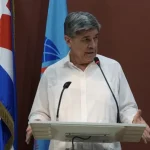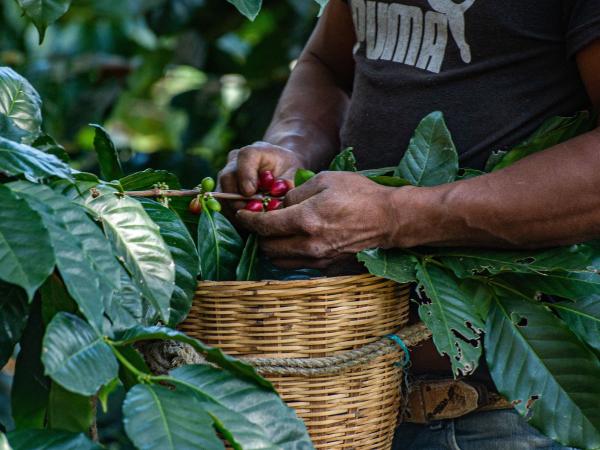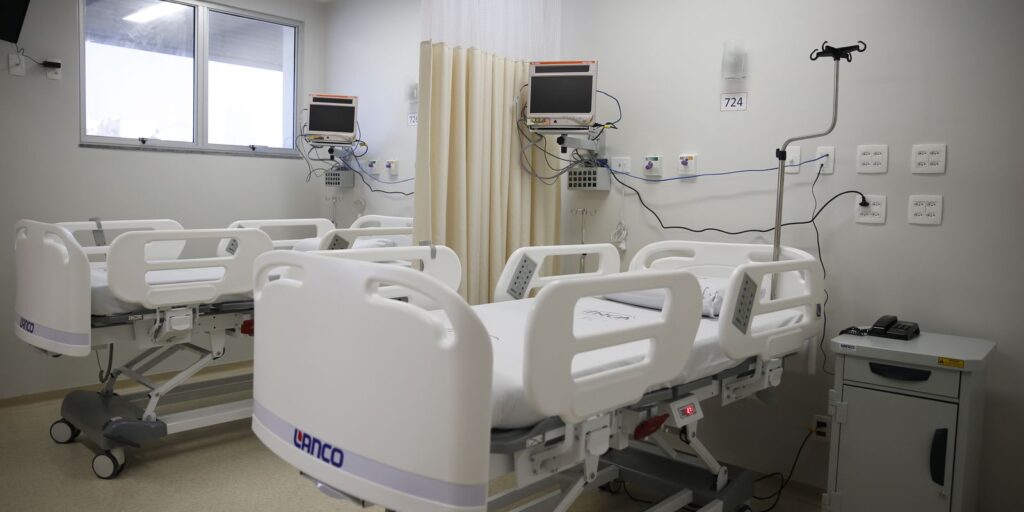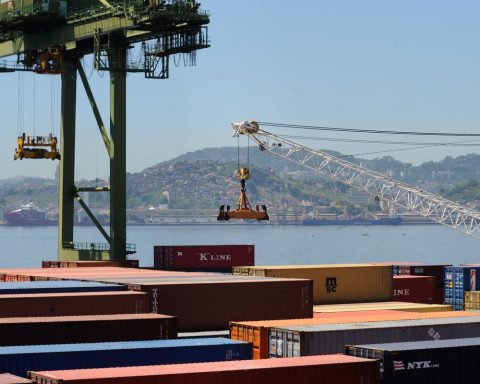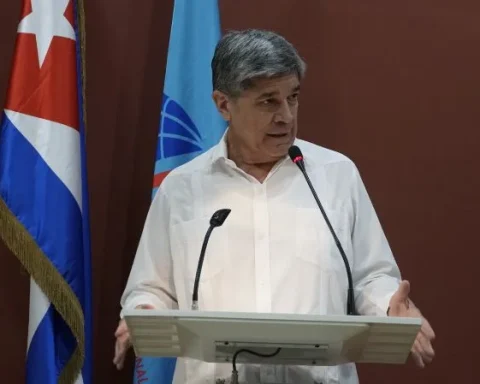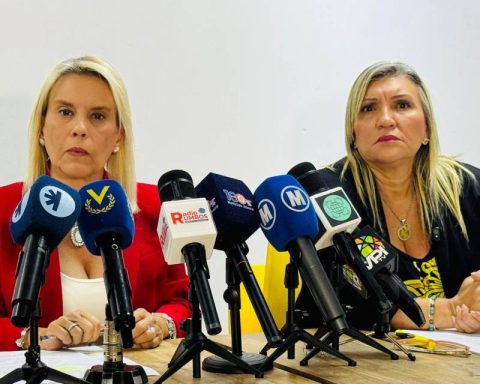Friday’s interview with President Gabriel Boric was not casual. It was not because of the chosen medium or because of the opportunity in terms of tactics and strategy. It is known that we are inserted in what some call “audience democracies” or “ocular democracy”, where the new political arena today is the morning ones. In these spaces of social communication, the struggle for power takes place under the watchful eye of the public. Hence, the President sought to generate a political fact to try to influence the current climate of public opinion.
The President’s announcement clearly configures an alternative scenario or Plan B of La Moneda, but which places conditions and raises the costs of the Rejection option. The bet, not without risks, seeks that boredom and fatigue with the constituent process can be a factor that plays to the benefit of Approval.
If this option is imposed, then the constitutional question is closed. On the other hand, if the Rejection does so, the “constitutional question” would remain open. The fear of starting from scratch, keeping the process open for at least another year and a half, with the current climate of uncertainty and tension, could mobilize the electorate to opt for Approve the constitutional text as a solution to close the process.
The strategic turn of the President seeks to install in public opinion the reasonable doubt that the Rejection option can close the “constitutional question.”
As we know, despite the efforts, it has remained open since 1980. Although he does not say so explicitly, what is between the lines –in what President Boric said– is that the text of the new Constitution, wrongly or well, offers to close it. In fact, the fact that the “constitutional question” remains open implies, on the one hand, several questions and, on the other, that the climate of uncertainty and polarization continues and deepens. This is because it leaves open an issue that has taken too long to resolve and that the 1989 and 2005 reforms did not achieve. That last attempt exhausted the cycle of reforms.
From this logic, the risk would be that, if the Rejection option is imposed, the constitutional issue remains sine die for a long time. In this scenario, the consequences are difficult to foresee today. From the perspective of the country’s development, keeping the constitutional issue open paralyzes and raises questions as to whether Chile can continue to be something different from the rest of the countries in the region. From the subjectivity of the people, it could be that the uncertainty about the rules of the game, the economic and social situation of the country, as well as the possibility that the Government is dedicated to solving the problems that today overwhelm the citizens, only end up increase impatience, discouragement and fear of the future.
At the base of the above is the constitutional fatigue that citizens seem to experience in relation to the constituent process and its derivatives. This is not a temporary fatigue with the process. Judging by the current priorities of citizens and their states of mind, it is a real fatigue. This seems to have consumed and exhausted the reserves to continue with this state of affairs for several more months. There seems to be no will, disposition or energy to maintain the continuity of the constitutional question open.
Fatigue is dangerous, it can make public decisions ineffective when they are not accepted, respected and shared. The evidence shows that social fatigue and the risk of democratic indifference are triggers of challenging energies and once again destituents.
In this way, the idea that the Rejection option does not end up closing the constitutional question and deepens the constitutional fatigue that citizens experience with the process, clearly constitutes a threat to the objective of having new rules of the game, by cost of doing so without the legitimacy of citizenship.
- The content expressed in this opinion column is the sole responsibility of its author, and does not necessarily reflect the editorial line or position of The counter.









